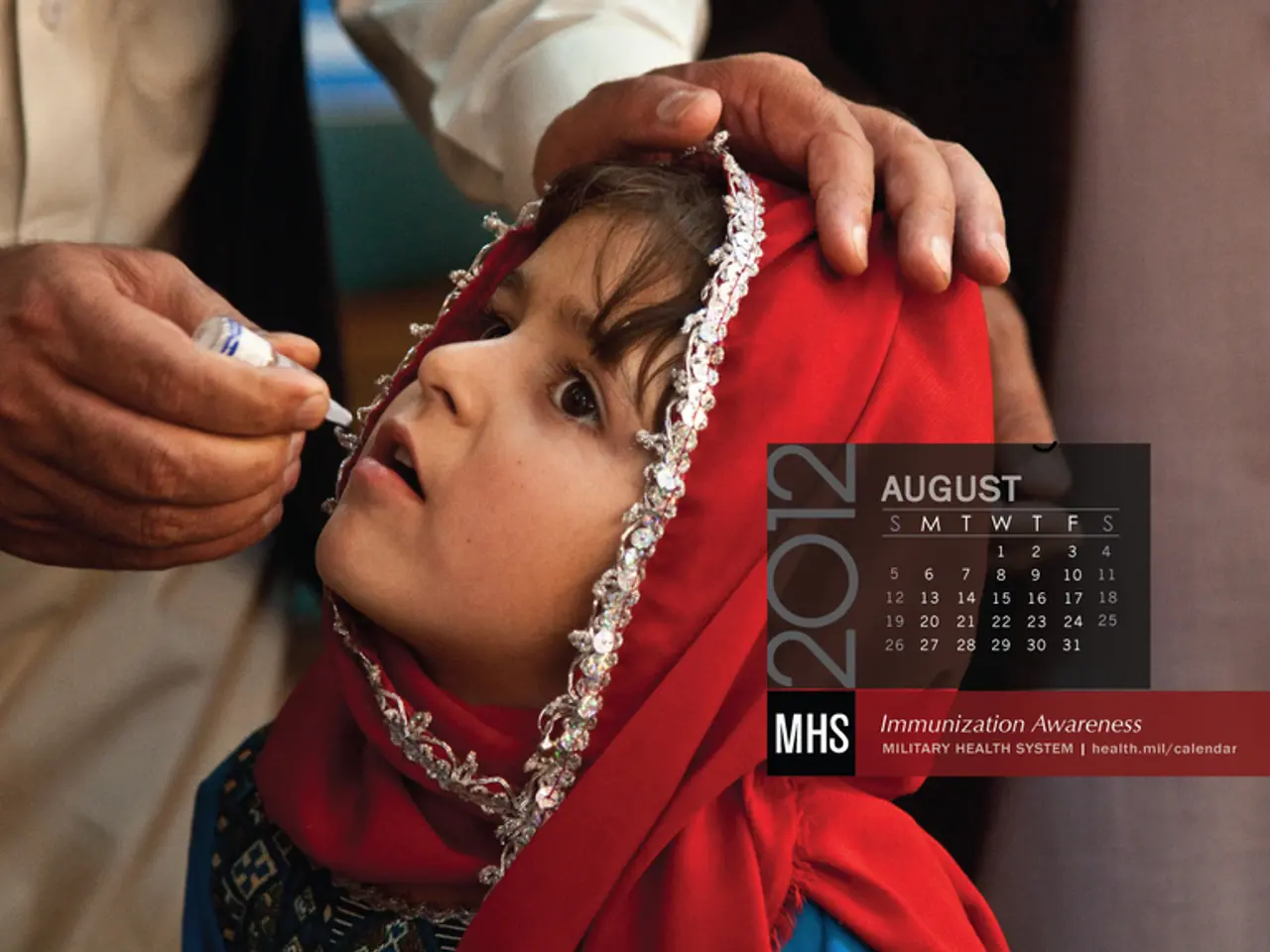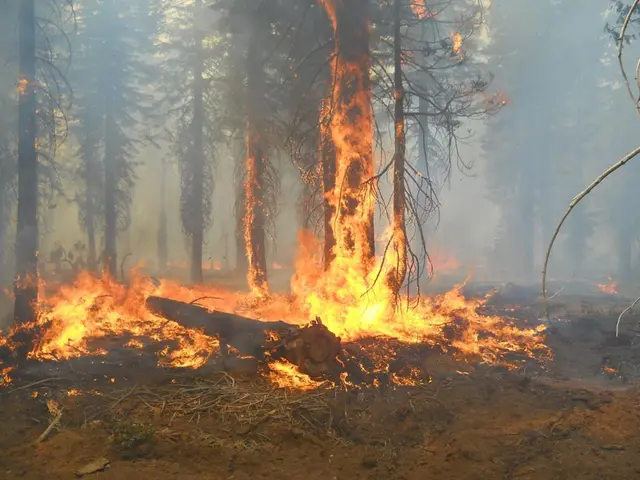Gunman unleashes 180 rounds, shattering 150 windows, during CDC assault
In a shocking turn of events, a Georgia man named Patrick Joseph White attacked the Centers for Disease Control and Prevention (CDC) headquarters in Atlanta on Friday. The attack left one police officer dead and caused extensive damage that may take weeks or even months to repair.
White, who later died at the scene, was connected to the anti-vaccine movement. His strong belief that the COVID-19 vaccine caused him depression and suicidal thoughts was evident in documents found at his home. He fired more than 180 shots from multiple guns, some belonging to his father, into the CDC campus, hitting at least four CDC buildings.
The shooting was non-random and part of a broader context of mistreatment and vilification that CDC staff have endured. The incident was described by a CDC workers' union as a reflection of the risks posed by vaccine misinformation. The union demanded federal condemnation of such misinformation, highlighting its potential to endanger CDC scientists and staff.
The attack has had a significant impact on CDC employees and their work environment. Many are now taking steps to become less visible, including not wearing their public health service uniform to work. Some unionized CDC employees are calling for more heavily armed guards, bulletproof glass, a better alert system, and more extensive evacuation planning for vulnerable staff.
Dr. Jerome Adams, the former US surgeon general, emphasized the importance of health leaders appreciating the weight of their words and understanding that false claims about vaccine safety can have unintended consequences. His sentiments were echoed by CDC Director Susan Monarez and Health Secretary Robert F. Kennedy Jr., who expressed support for CDC staff in statements made over the weekend.
However, the fear and uncertainty among CDC employees persist. Yolanda Jacobs, president of Local 2883 of the American Federation of Government Employees, noted that staff are afraid to have public health conversations due to safety concerns. Stephan Monroe, a retired CDC official, expressed concern about the long-term impact the attack might have on young scientists' willingness to work for the government.
As the CDC continues to work towards combating the ongoing COVID-19 pandemic, the safety and well-being of its staff remains a top priority. The incident serves as a stark reminder of the potential dangers posed by vaccine misinformation and the importance of promoting accurate and reliable information.
[1] Source: Atlanta Journal-Constitution [4] Source: The New York Times [5] Source: CNN
Us, following the CDC attack, are deeply concerned about the impact on general-news, particularly politics and crime-and-justice. The incident has highlighted the risks posed by vaccine misinformation, underscoring the need for responsible language from health leaders. As the CDC continues to work on COVID-19, ensuring the safety and well-being of its employees is crucial in maintaining public trust and combating misinformation.







